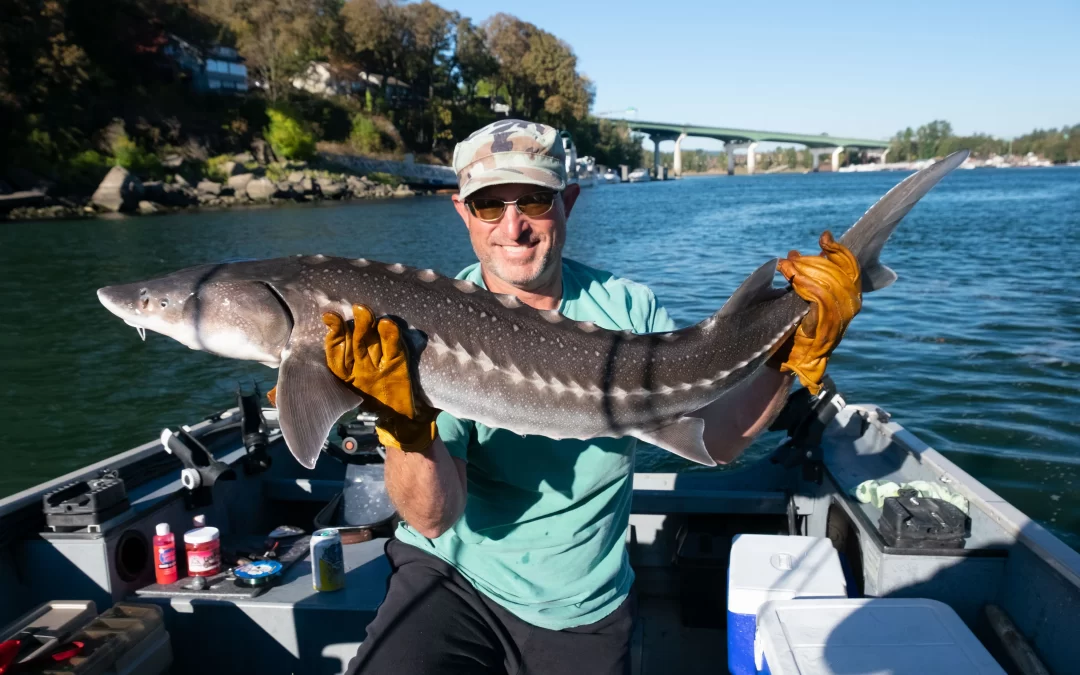
A Complete Guide to Fishing in the Willamette River
A Complete Guide to Fishing in the Willamette
The Willamette River, located in the Pacific Northwest region of the United States, is a renowned fishing destination for anglers of all skill levels. Stretching approximately 187 miles through the picturesque landscape of Oregon, the Willamette River offers a diverse range of fishing opportunities, from salmon and steelhead to bass and trout. Whether you’re an experienced angler or a beginner looking to explore this beautiful waterway, this complete guide to fishing in the Willamette River will provide you with all the essential information to enhance your fishing experience.
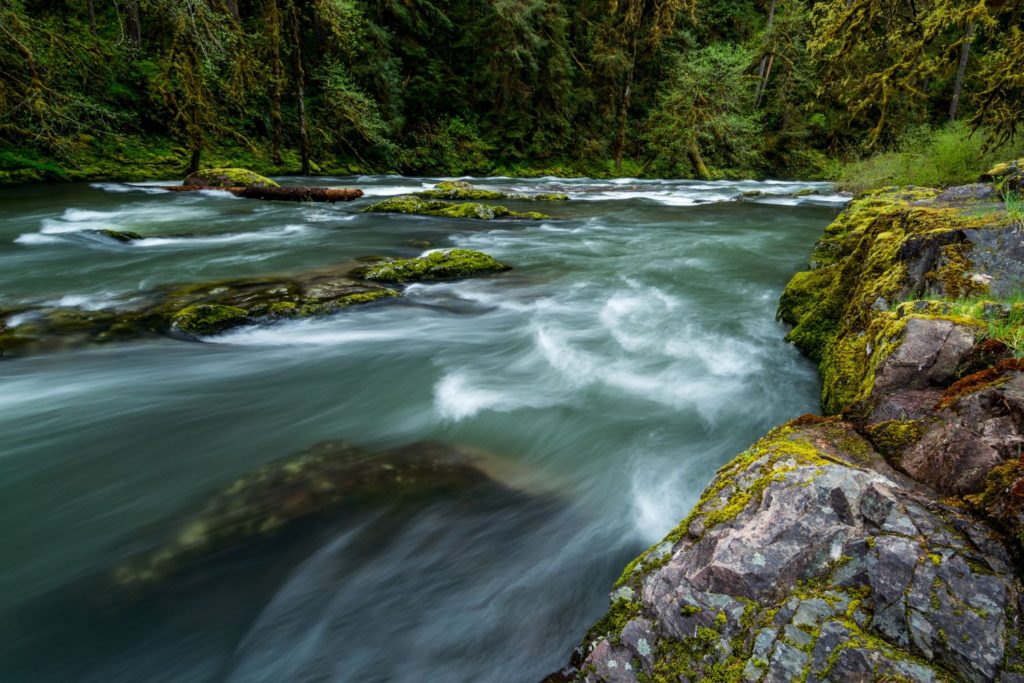
Guide to Fishing in the Willamette River
The Willamette River is formed by the confluence of the Middle Fork Willamette River and the Coast Fork Willamette River near the town of Eugene, Oregon.
It flows northward through the Willamette Valley and eventually merges with the Columbia River in Portland. The river is characterized by varying depths, gentle currents, and abundant aquatic life, making it an ideal habitat for various fish species.
Here are the things you should know when it comes to fishing in the Willamette River.
Fishing Seasons and Species

- Spring and Fall Chinook Salmon: The Willamette River is renowned for its Chinook salmon runs, attracting anglers from far and wide. Spring Chinook salmon are typically found in the river from March to June, while Fall Chinook can be targeted from August to November.
- Steelhead: Steelhead are a prized catch in the Willamette River. These anadromous rainbow trout can be caught from late winter through early spring (February to April) and again in the fall (October to December).
- Smallmouth Bass: The Willamette River is home to healthy populations of smallmouth bass. They can be targeted throughout the year, but the summer months provide excellent fishing opportunities, especially in the warmer sections of the river.
- Trout: The river also offers opportunities for trout fishing, including resident rainbow trout and cutthroat trout. The best times for trout fishing are usually during spring and fall.
Fishing Techniques and Tips
- Salmon and Steelhead: Anglers often employ techniques such as drift fishing, backtrolling, and side-drifting using bait, lures, or flies. Popular bait choices include cured salmon eggs, sand shrimp, and herring. Techniques may vary depending on water conditions, fishing regulations, and the specific section of the river.
- Smallmouth Bass: For bass fishing, techniques like casting crankbaits, spinnerbaits, soft plastic worms, and jigs are commonly used. Focus on areas with structure, such as rocky outcrops, submerged logs, and bridge pilings.
- Trout: For trout fishing, anglers can use a variety of techniques, including fly fishing, spin fishing with small spinners or spoons, and bait fishing with worms or salmon eggs. Focus on deeper pools, riffles, and areas with overhead cover.
Fishing Regulations and Permits

It’s essential to familiarize yourself with the fishing regulations and obtain the necessary permits before fishing in the Willamette River. Fishing licenses and tags can be obtained from the Oregon Department of Fish and Wildlife (ODFW) or authorized vendors. Stay updated with current regulations, including bag limits, size restrictions, and any seasonal closures.
- Fishing Licenses: All anglers aged 12 and above must possess a valid Oregon fishing license. Licenses can be purchased online through the Oregon Department of Fish and Wildlife (ODFW) website or from authorized vendors.
- Endorsements and Tags: Certain species, such as salmon and steelhead, may require additional endorsements or tags. These can be obtained along with your fishing license, and their fees contribute to the conservation and management of these species.
- Bag Limits and Size Restrictions: Fishing regulations specify bag limits, which indicate the maximum number of fish an angler can keep in a single day. Additionally, there may be size restrictions that require anglers to release fish below a certain size to ensure sustainable populations.
- Seasonal Closures and Special Regulations: Some areas of the Willamette River may have specific seasonal closures or special regulations in place. These may include restrictions on bait types, fishing methods, or fishing locations. Stay informed about these regulations by checking the ODFW website or contacting local fishing authorities.
- Tribal Fisheries: The Willamette River is an important fishery for Native American tribes, who have fishing rights and regulations specific to their tribal territories. It is essential to respect tribal sovereignty and familiarize yourself with any tribal regulations that may apply in certain areas.
- Fish Consumption Advisories: Due to potential contaminants in the water, there may be fish consumption advisories issued by the Oregon Health Authority. These advisories provide information on the consumption safety of fish species from specific locations. Stay informed about the latest advisories to make informed decisions about consuming fish from the Willamette River.
Remember, fishing regulations are in place to protect fish populations, maintain a sustainable ecosystem, and ensure fair and responsible angling practices. Violations of these regulations can result in fines, penalties, or loss of fishing privileges. It is the responsibility of every angler to know and adhere to these regulations to preserve the fishery for future generations.
Safety and Conservation
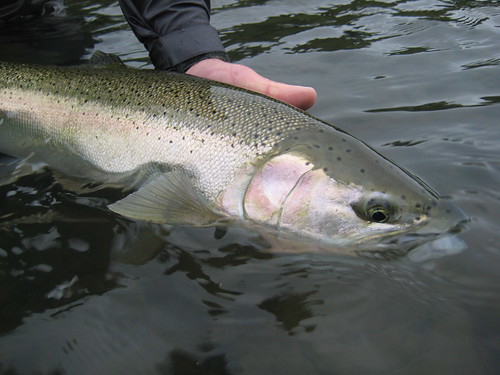
- Safety: Always prioritize safety while fishing in the Willamette River. Wear a personal flotation device (PFD) and exercise caution when wading or boating. Be aware of changing river conditions, including water levels and currents.
- Conservation: Respect the natural environment and practice catch-and-release whenever possible. Follow ethical fishing practices, properly dispose of trash, and avoid leaving any traces of your presence.
Wrapping It Up
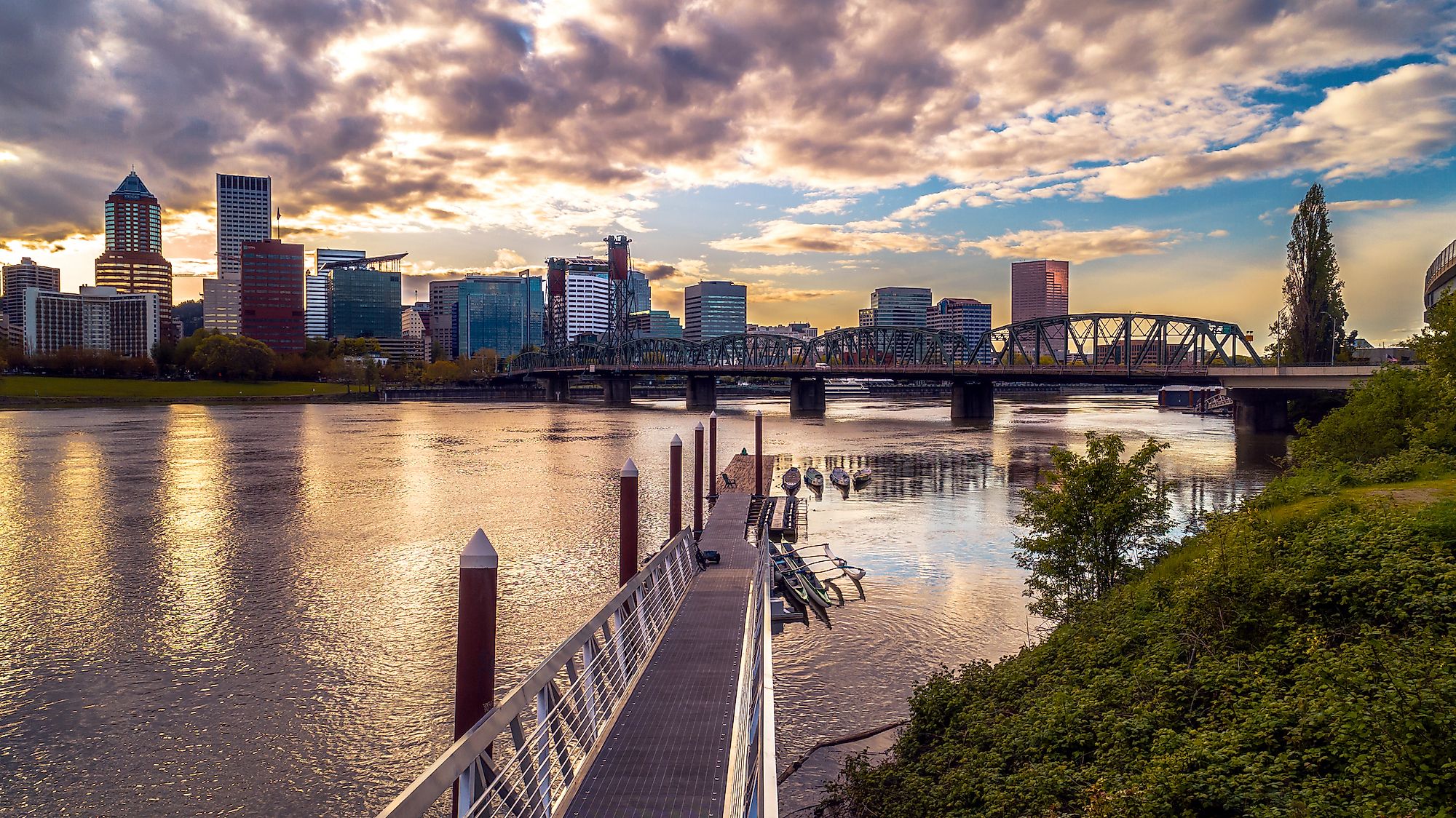
Fishing in the Willamette River offers endless opportunities for anglers to enjoy the beauty of nature while pursuing their passion. Whether you’re targeting salmon, steelhead, bass, or trout, the Willamette River provides a diverse and rewarding fishing experience throughout the seasons.
We hope our guide to fishing in the Willamette River helped you out! So, grab your fishing gear, explore the stunning stretches of the Willamette River, and immerse yourself in an unforgettable fishing experience. Remember, it’s not just about the fish you catch but the memories you create in the process. Enjoy the journey and tight lines, and don’t forget to book a fishing charter with us! Contact us now to learn more about our services.
Schedule your Oregon Fishing Charter Today!
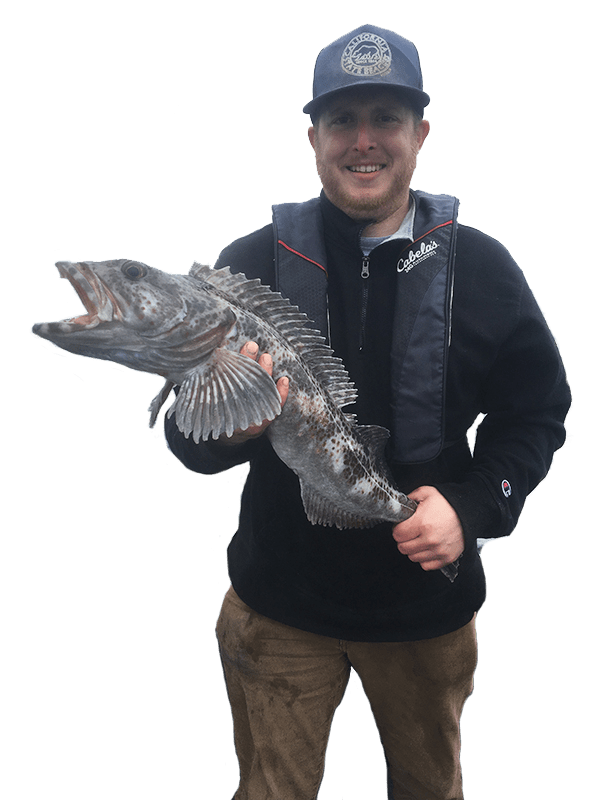

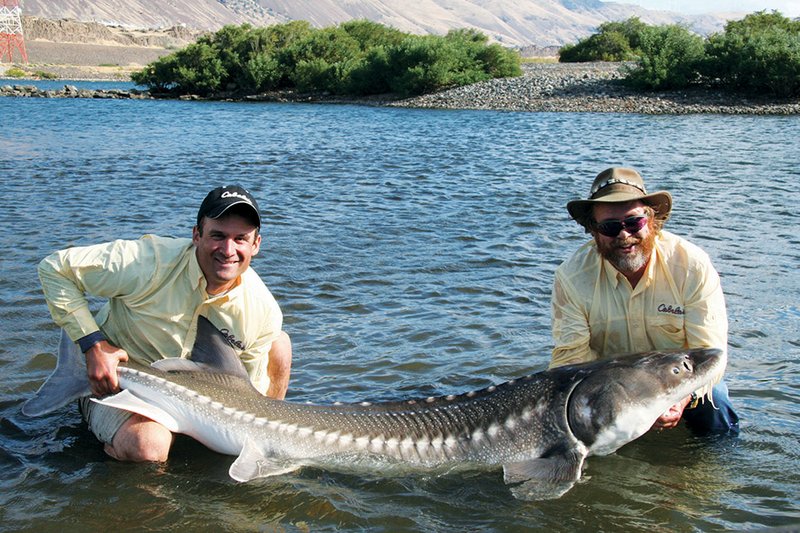
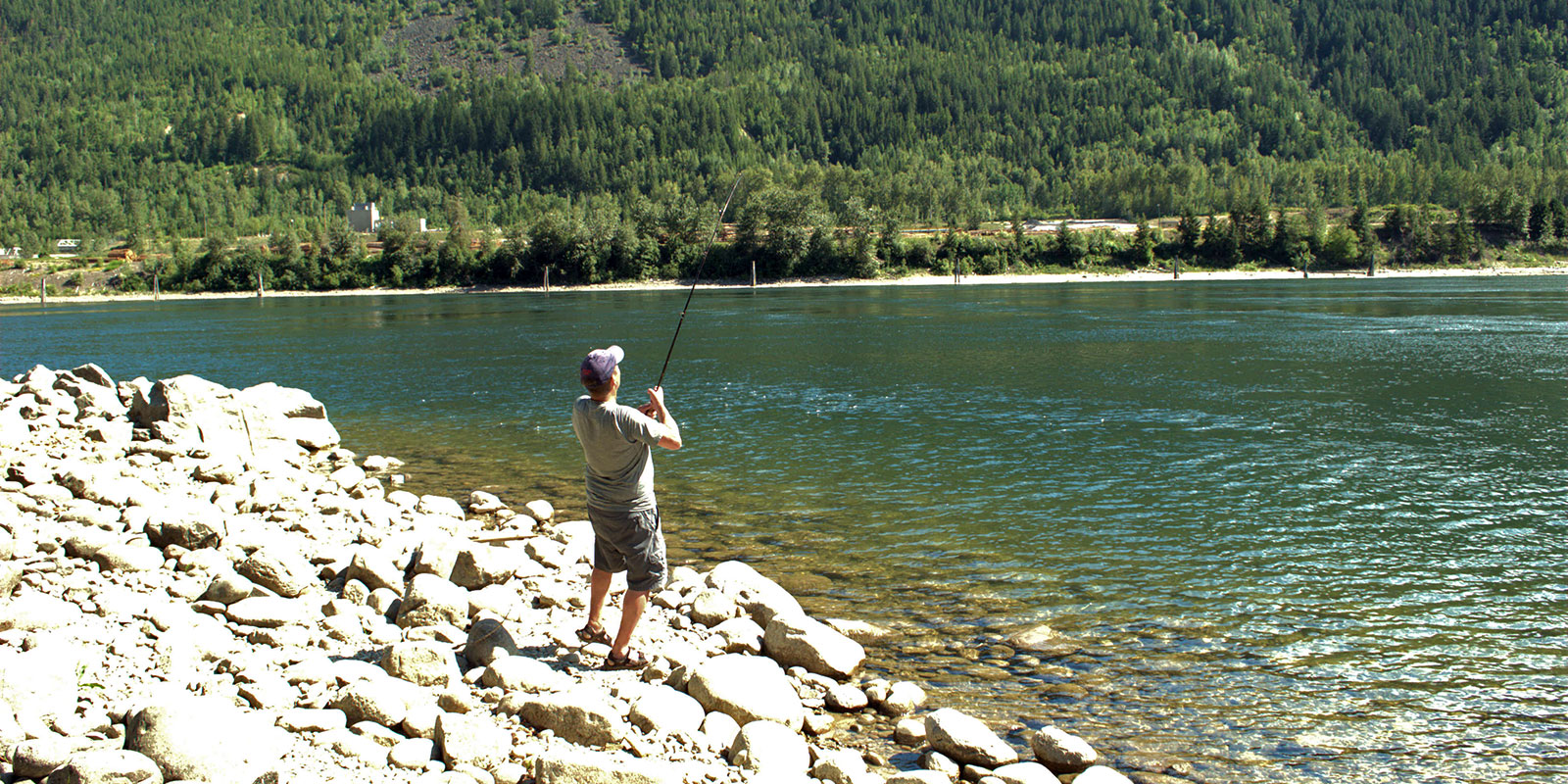


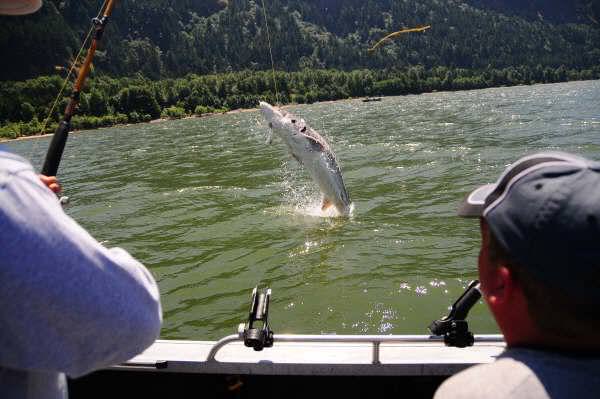

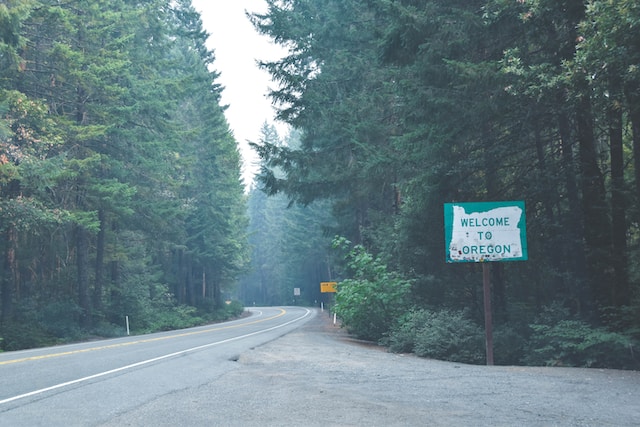





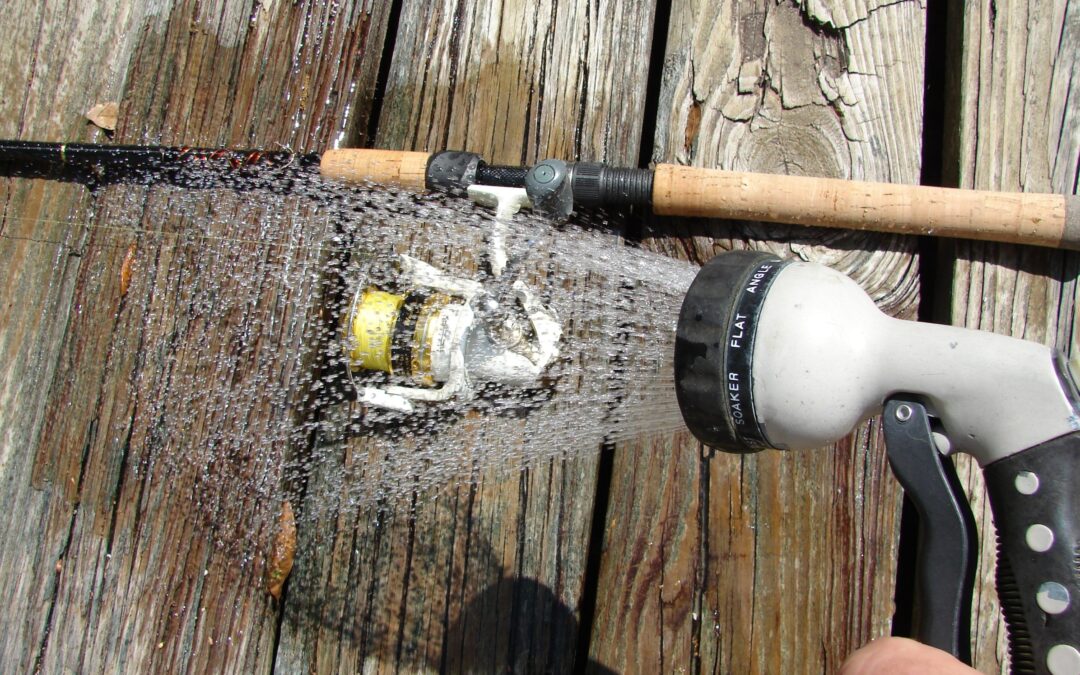
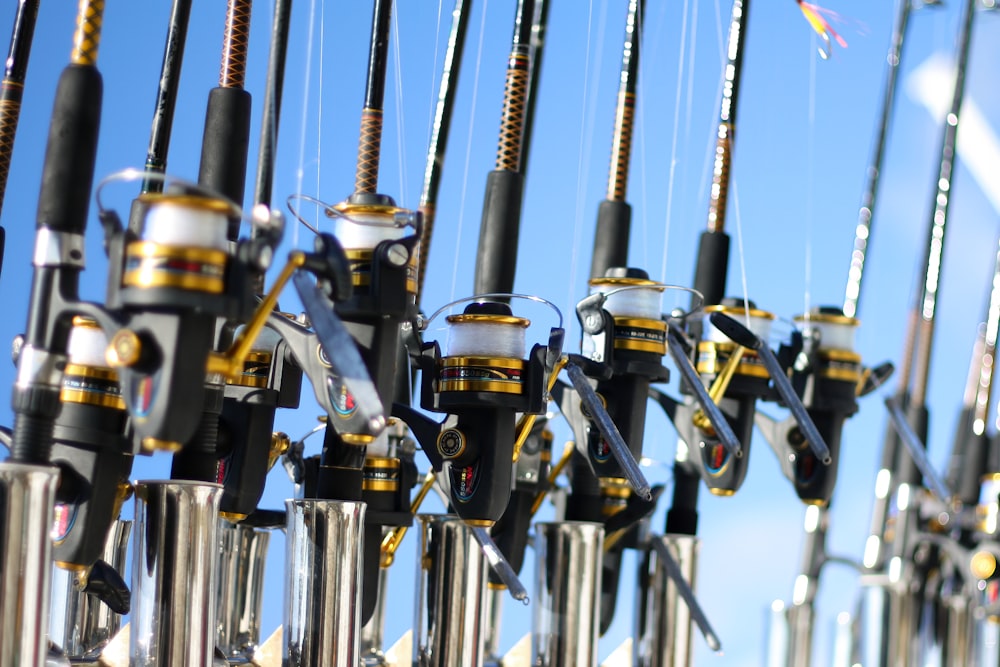

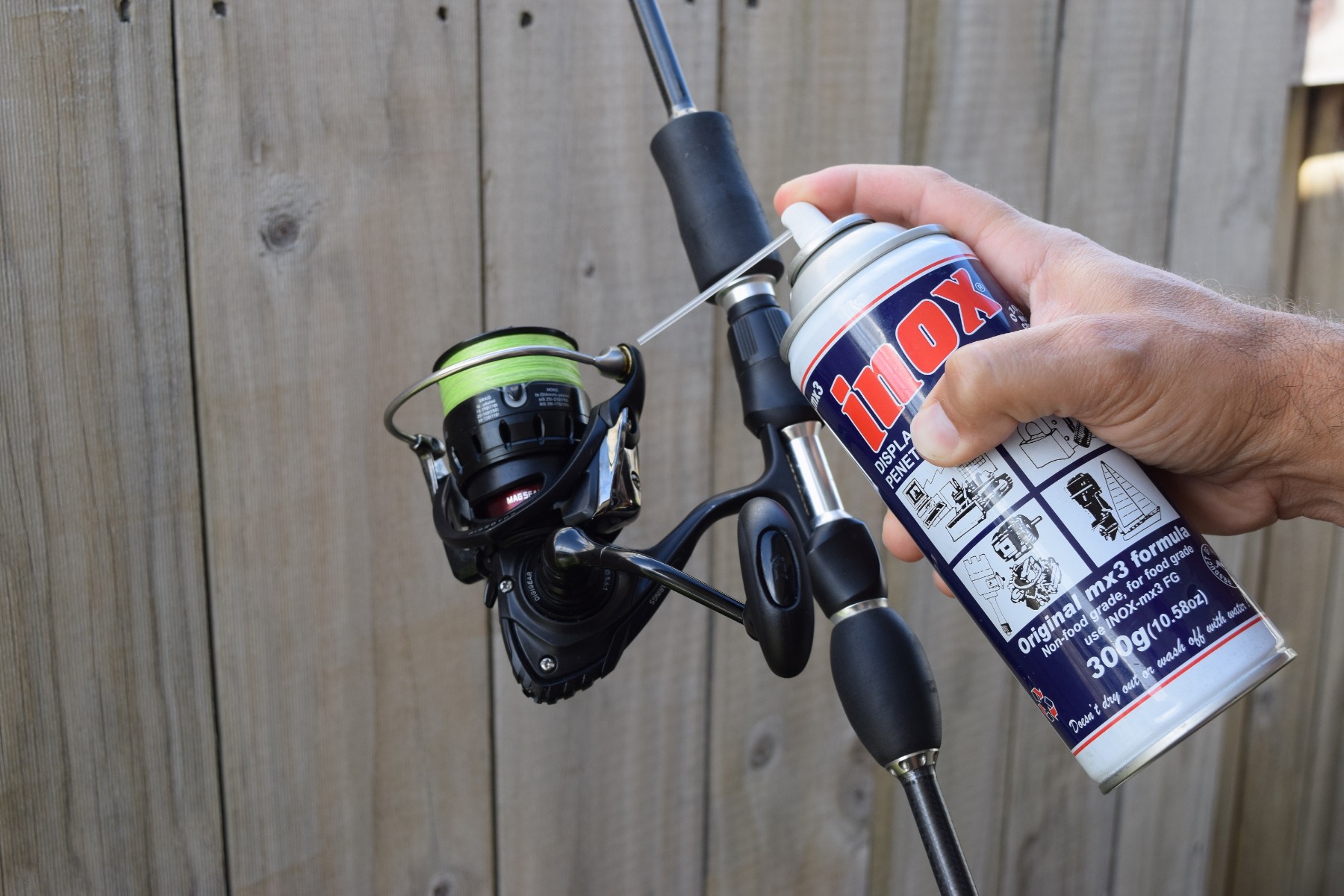
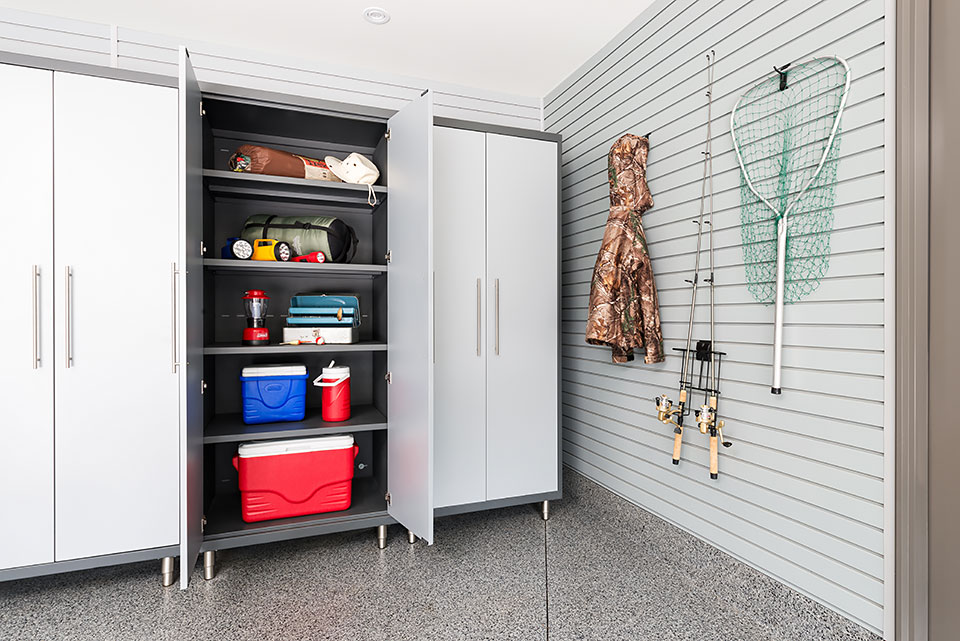
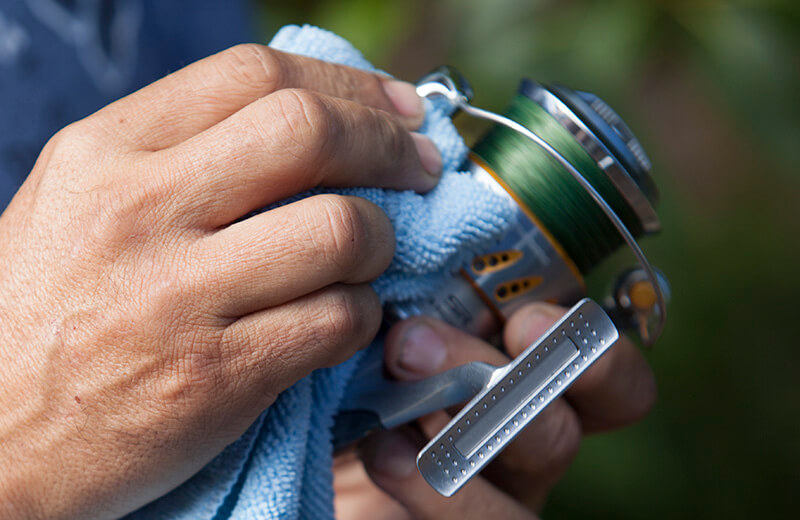
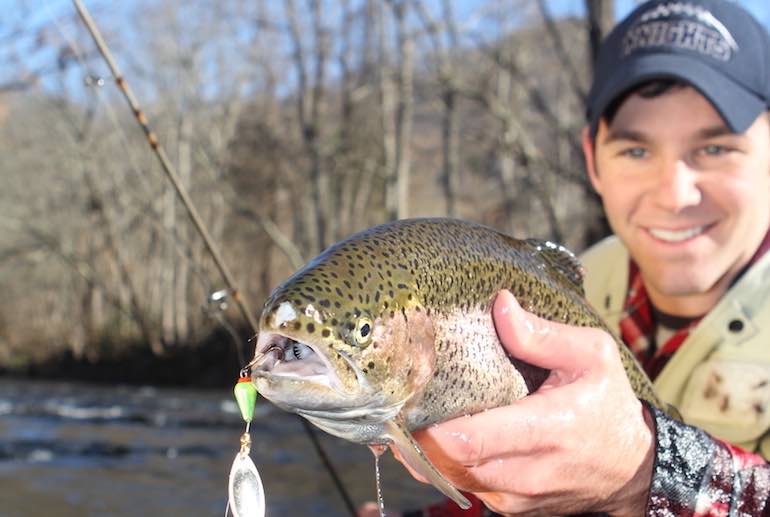
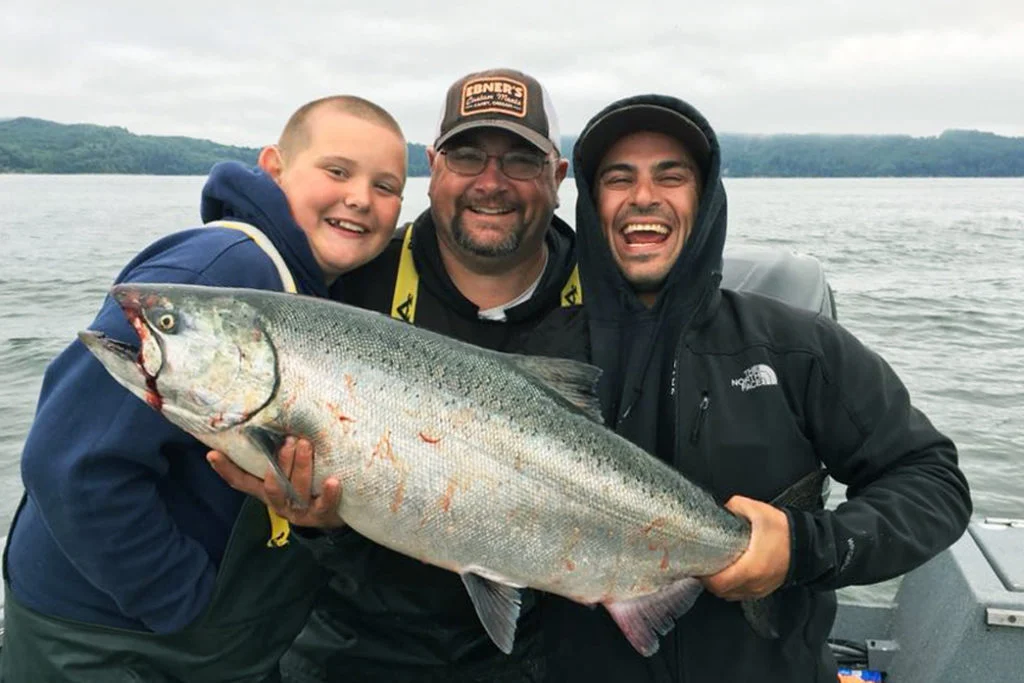
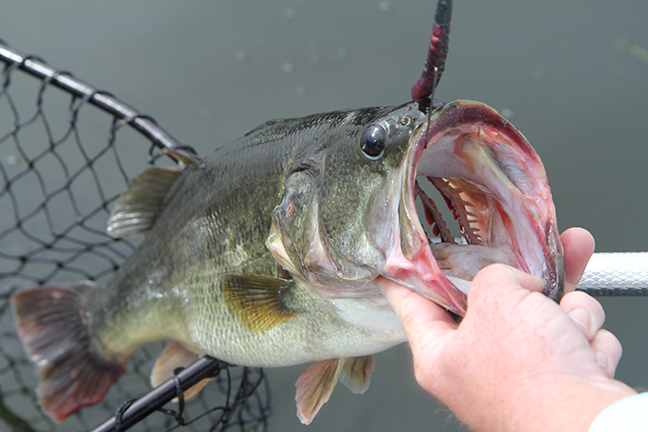
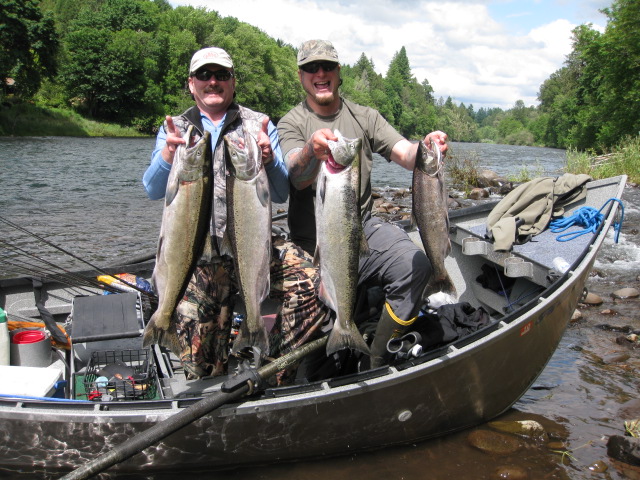
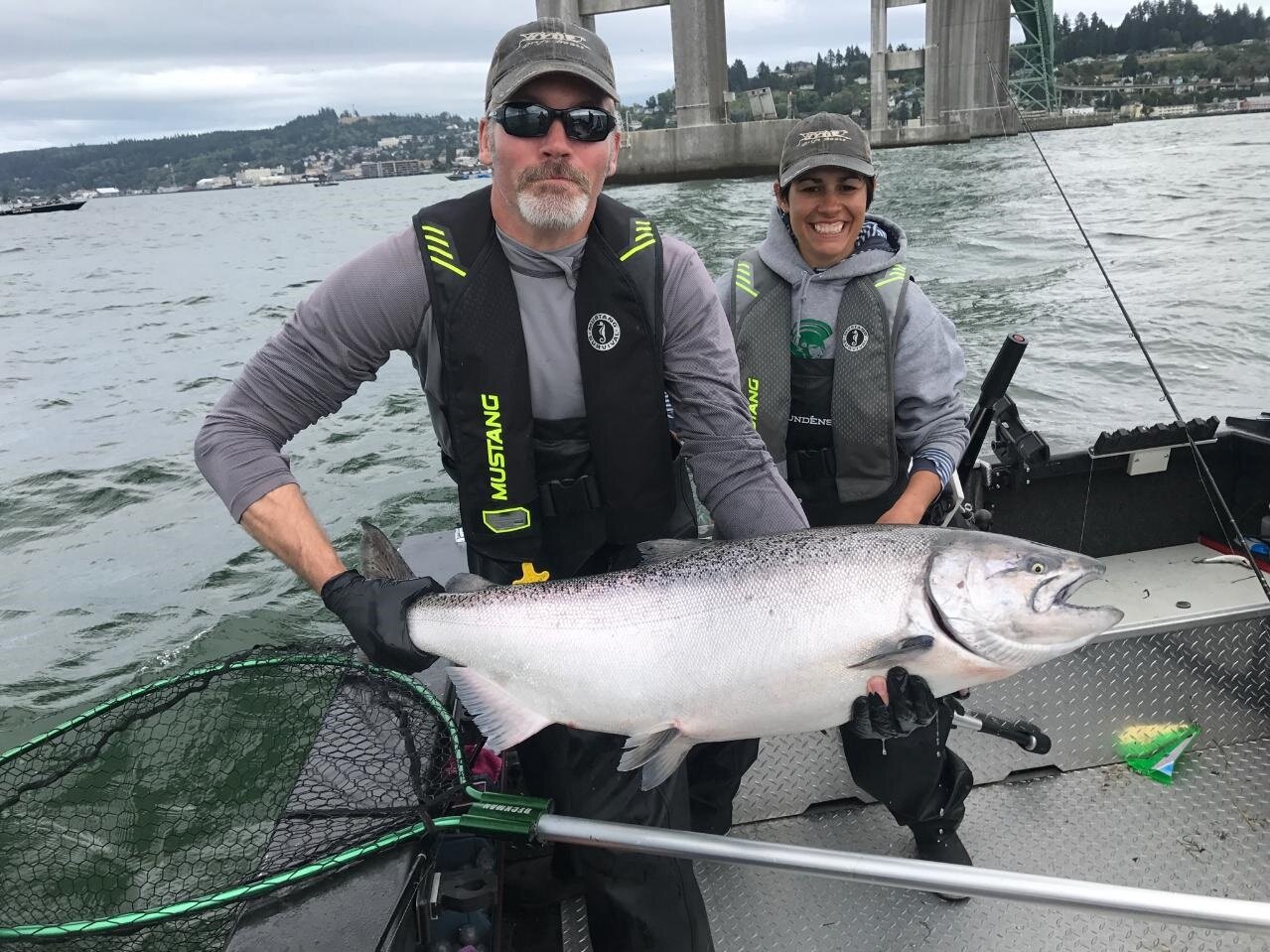
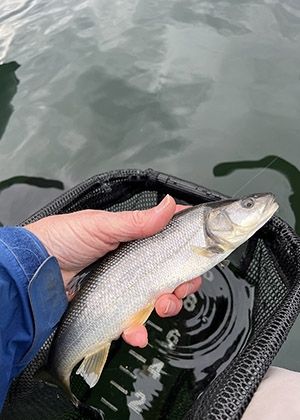
Recent Comments